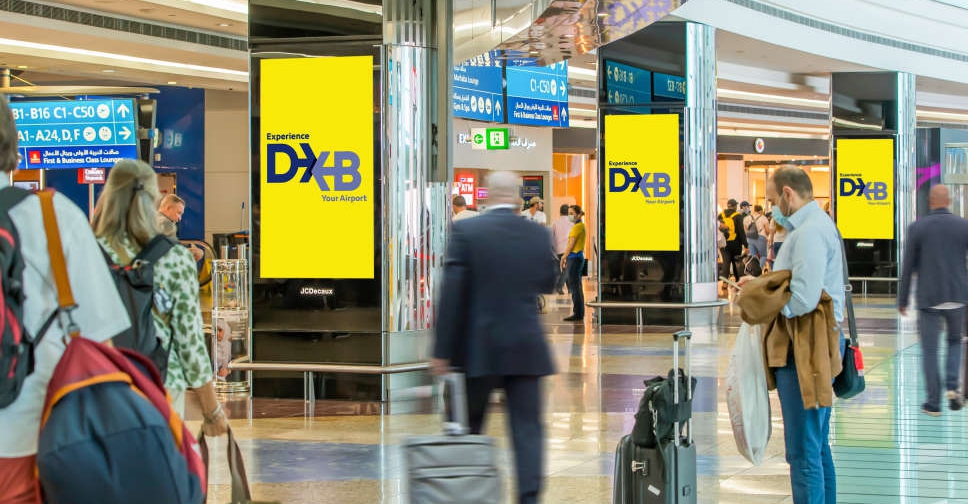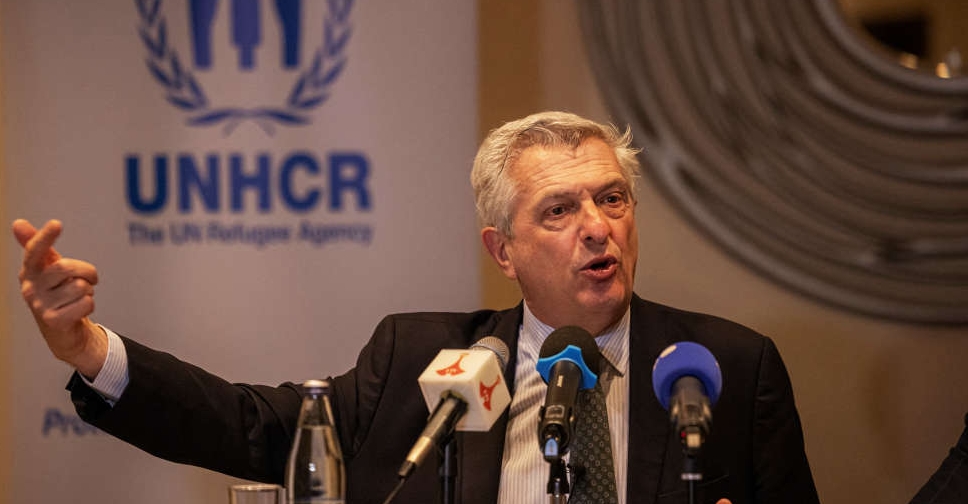
The prospect of Palestinians crossing into Egypt from the border town of Rafah to escape a military assault would make the resolution of the Israeli-Palestinian conflict impossible and cause an "atrocious dilemma" for the people fleeing, the UN refugee chief said on Friday.
Filippo Grandi, United Nations High Commissioner for Refugees (UNHCR), said "we must fervently do everything" to avoid such an outflow of the Gazan population.
"Another refugee crisis from Gaza into Egypt, I can assure you... would make the resolution of the Palestinian refugee question as a consequence of the Israeli-Palestinian conflict impossible," Grandi told Reuters at UNHCR headquarters in Geneva.
Around 5.6 million Palestinian refugees currently live in Jordan, Lebanon, Syria, the Israeli-occupied West Bank and Gaza, mainly the descendants of those who were forced out or who fled their homes around the 1948 war linked to Israel's creation.
The fate of Palestinian refugees is one of the thorniest issues in peace process discussions. Palestinians and Arab states say a deal should include the right of those refugees and their descendants to return, something Israel has always rejected.
Israeli plans to assault Rafah, where more than a million have been sheltering from the military offensive further north, have drawn widespread condemnation.
Even Israel's closest ally, the United States, has warned Prime Minister Benjamin Netanyahu that the country would face global isolation if it goes ahead.
Grandi said an attack on Rafah may make the movement of Palestinians into Egypt "the only option for safety available."
"This dilemma is unacceptable and the responsibility to avoid this dilemma lies squarely in this particular case with Israel, the occupying power in Gaza," he said.
"We are looking at the region and that the possibility not only of the outflow, but also that the conflict may expand," Grandi said.
"But I repeat, we must not arrive at that atrocious dilemma, which would be really almost the end of the road for what is really important here: ultimate peace."
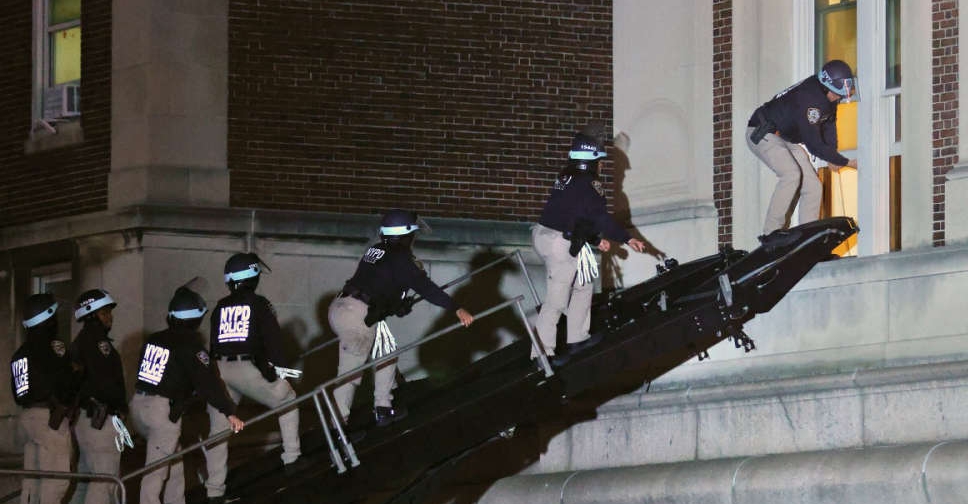 Dozens of pro-Palestinian protesters at Columbia University arrested
Dozens of pro-Palestinian protesters at Columbia University arrested
 Dozens of schools in India evacuated after email bomb threat hoax
Dozens of schools in India evacuated after email bomb threat hoax
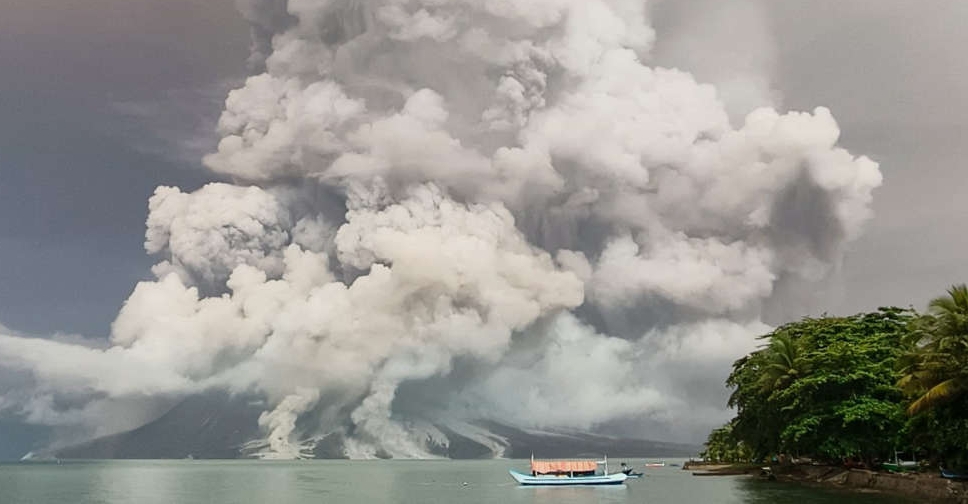 Evacuation continues following Indonesia's Ruang volcano eruption
Evacuation continues following Indonesia's Ruang volcano eruption
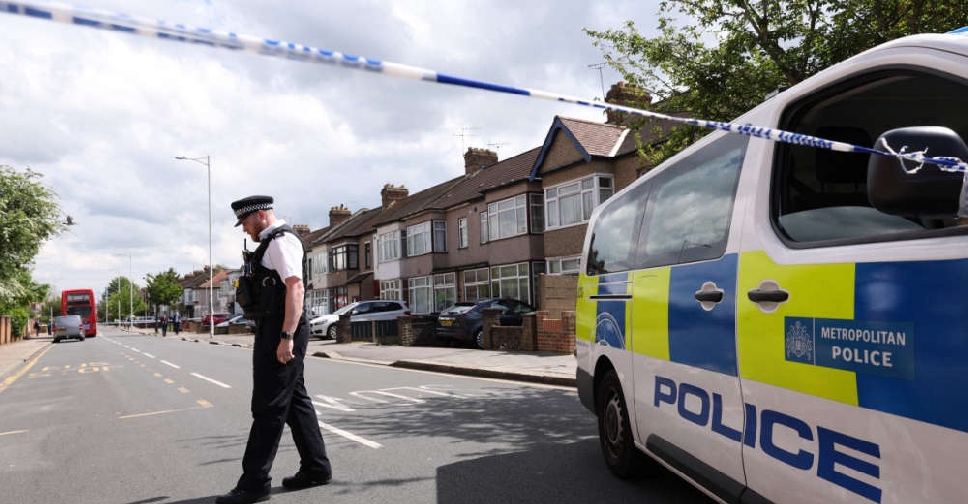 Teenage boy killed in London sword attack
Teenage boy killed in London sword attack
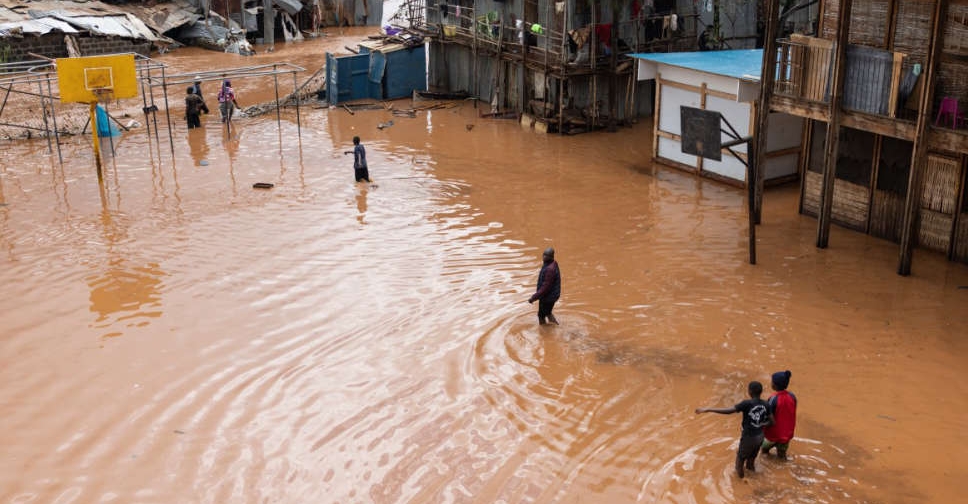 Kenya searches for more than 90 missing after floods
Kenya searches for more than 90 missing after floods


